Gender barriers perpetuate inequalities and hold back productivity growth, limiting the effectiveness of post-pandemic recovery policies. Post-pandemic public policy should urgently mainstream gender and address the crisis? disproportionate impact on women.
Global Economic Monitoring Branch (GEMB)
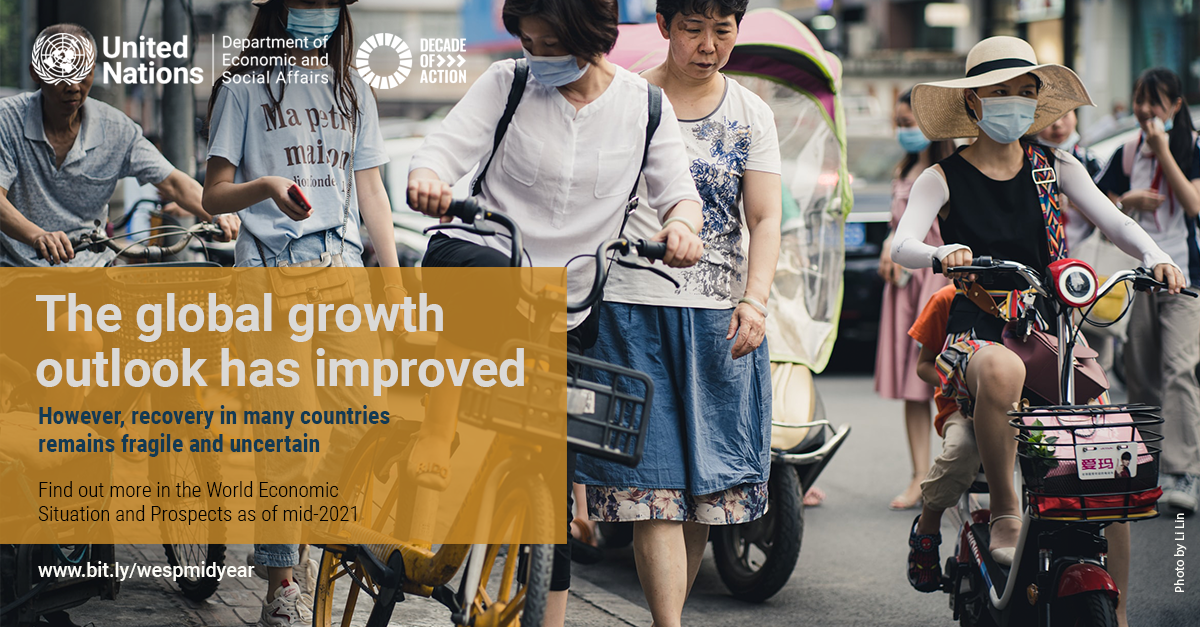
While the global growth outlook has improved, led by robust rebound in China and the United States, surging COVID-19 infections and inadequate vaccination progress in many countries threaten a broad-based recovery of the world economy.
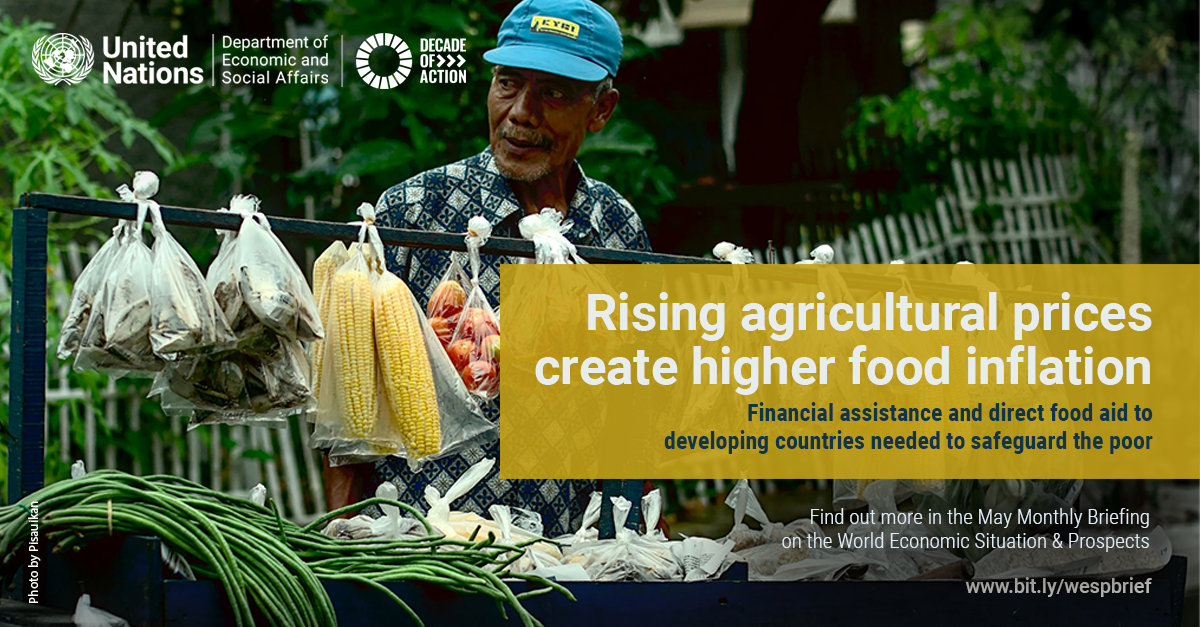
Several contributing factors need to be reviewed to look into currently emerging inflationary pressures, including the oil market, grains market, base metal market, semiconductor chip shortage, international shipping, wages and monetary factors.
Elevated inequalities place countries in a more vulnerable position to confront the pandemic. Going forward, fighting inequality will be crucial for reducing vulnerability to health and other emergencies and for enhancing the resilience of societies.
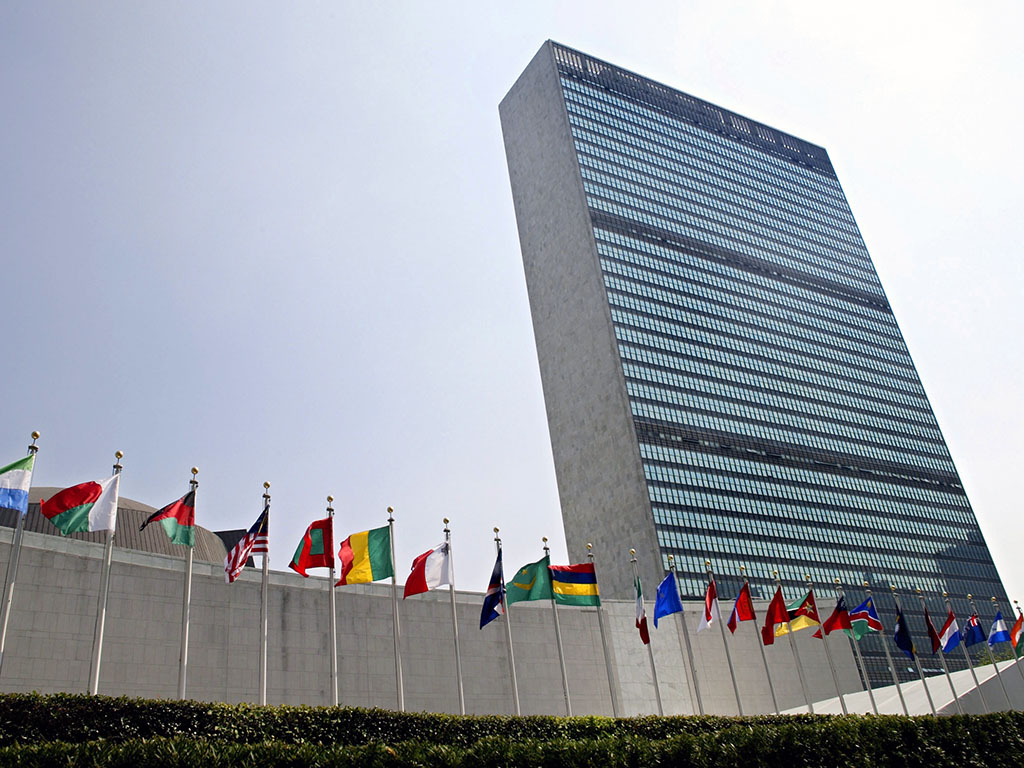
The jump in deposits in 2020 can largely be attributed to the temporarily increased savings of the non-financial businesses and households amid limited spending and investment opportunities and to strong liquidity preferences and high risk-aversion during the crisis.
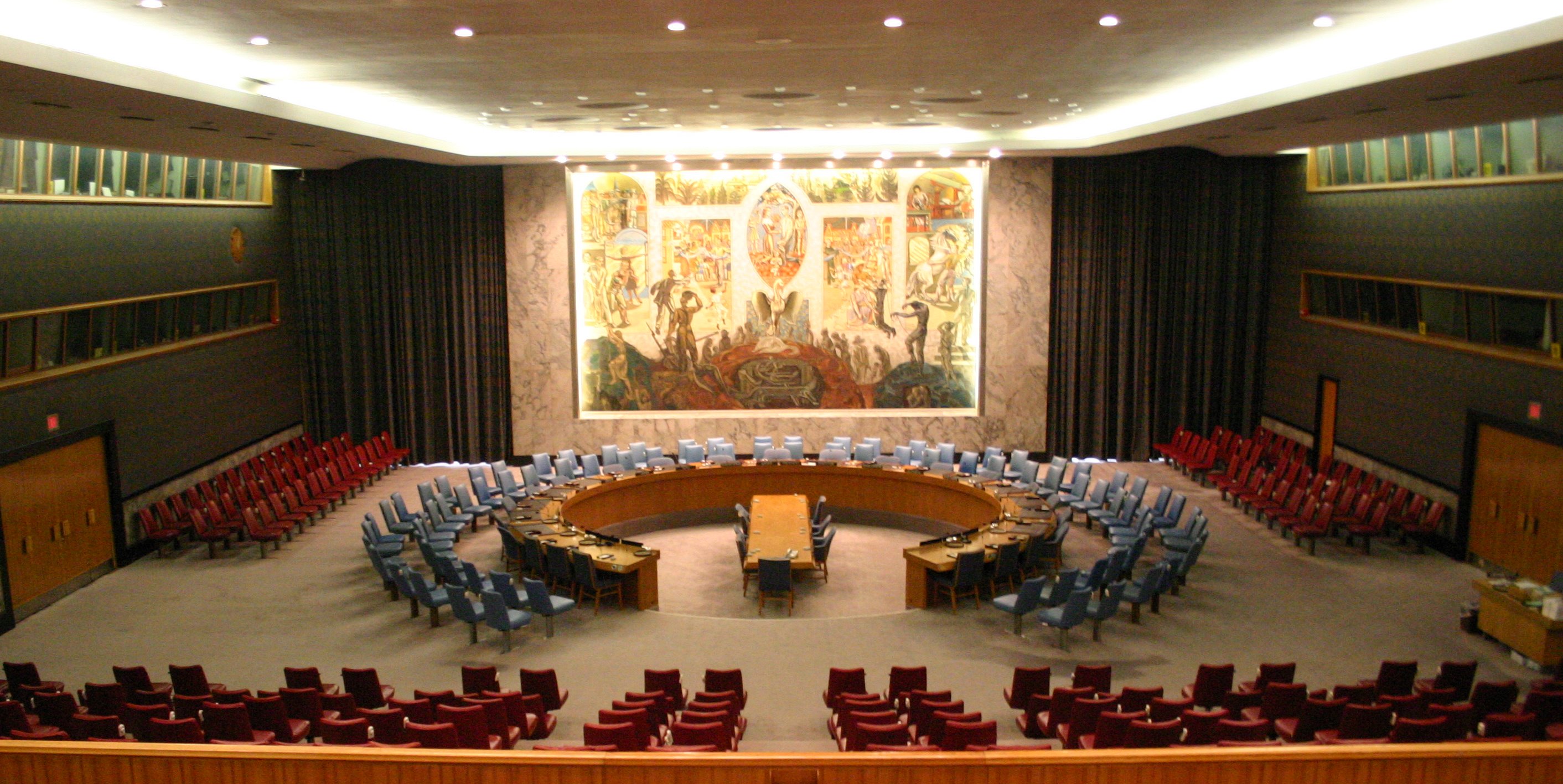
The pandemic has exposed systemic vulnerabilities of the world economy. A robust and resilient recovery will require strengthening public finances and improving debt sustainability, combating inequality and expanding social protection, and promoting climate action and environmental sustainability.
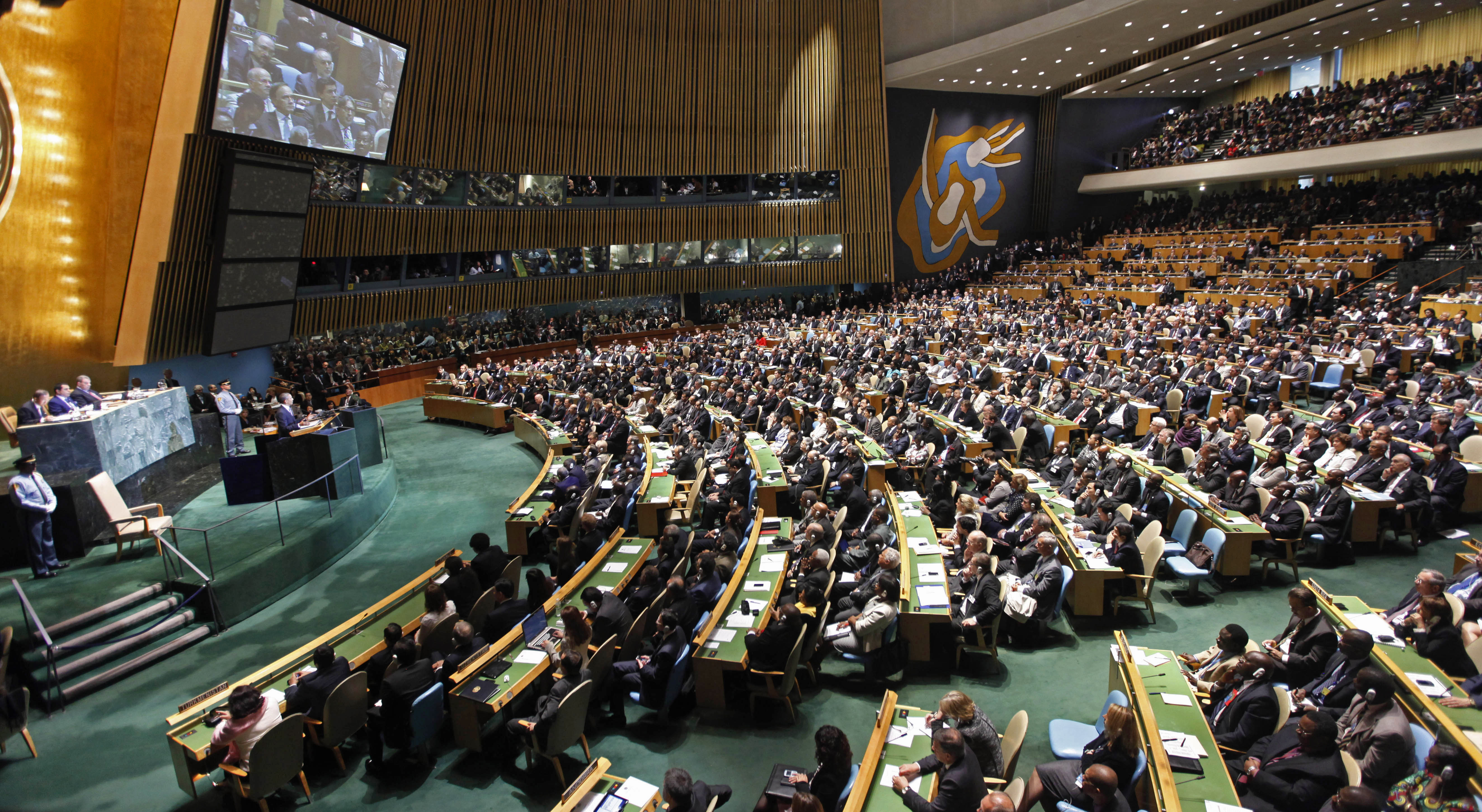
The pandemic reached every corner of the world, infecting more than 90 million and, so far, has killed close to 2 million people worldwide. The crisis responses, however, entailed difficult choices between saving lives and saving livelihoods, between speed of delivery and efficiency, and between short-term costs and long-term impacts.
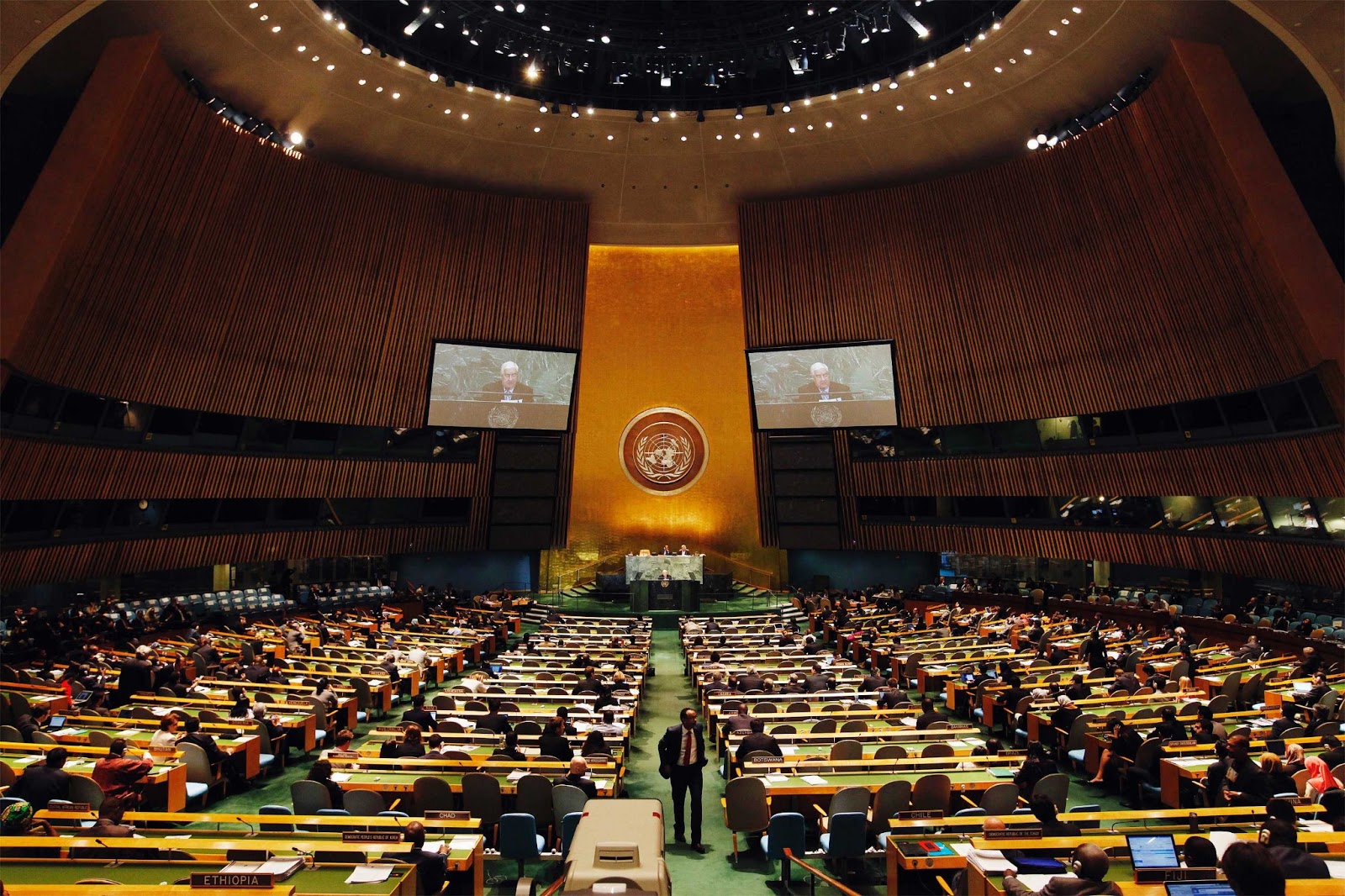
while a deeper crisis has been averted in the immediate term, central banks are facing an increasingly challenging operating environment, characterized by structurally weaker economies, greater uncertainty, and more fragile financial systems. This new post-crisis reality may force a rethink of the role of central banks and monetary policy.

The world registered a record reduction of energy-related CO2 emissions in the first half of 2020. However, this year?s reduction is projected to be a one-time dip, and only has an infinitesimal impact on the buildup of atmospheric CO2
 Welcome to the United Nations
Welcome to the United Nations